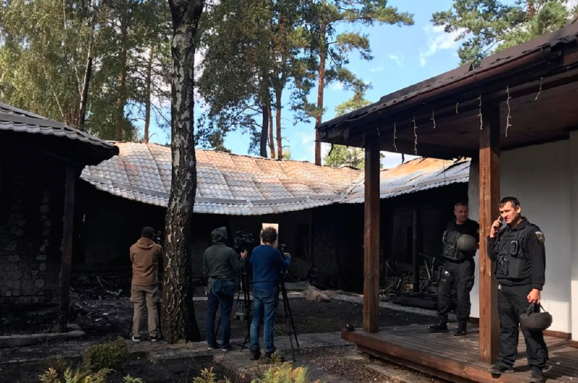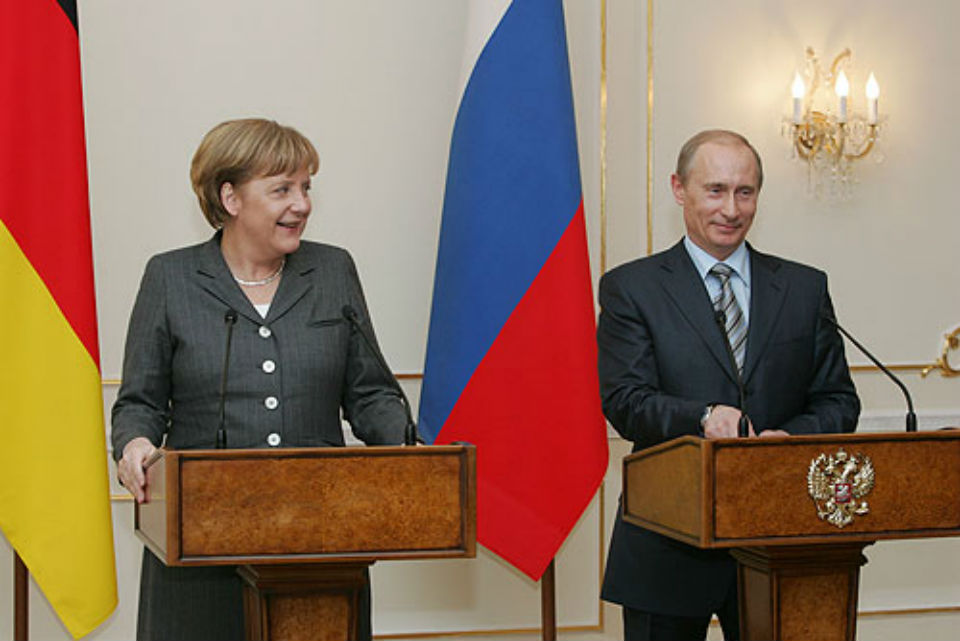Even if literally the next day after the press release about reaching an agreement between Russia and Ukraine on gas transit, there was not any news about Ukrainian companies purchasing gas from Gazprom, the question of an incorrupt nature of the agreement still remains.
It would remain because there is no logical explanation why, in a situation where Moscow is still interested in continuing the use of the Ukrainian gas transportation system and is still obligated to pay three billion dollars according to the decision of the Stockholm arbitrage, Kyiv is withdrawing its law suit related to Russia's underpayment for gas transit from previous years. Where did such a carnival of Christmas generosity, attempting to be disguised as a difficult compromise by the Ukrainian government, come from?
But after the reports of direct gas purchases, there are direct suspicions of banal political corruption. The fact that Vladimir Putin did not talk about "cheap gas for Ukrainian industry" by accident at the press conference following the Normandy format summit. It was no accident that he emphasized that it was an offer of cheap gas for industry, and not for the population, because it was a direct invitation of cooperation to the Ukrainian oligarchs. And given the close ties between the oligarchic clans of the presidential entourage, (as you recall that Volodymyr Zelenskyy constantly meets with these oligarchs and even flaunts these contacts as achievements), then this could be an invitation for cooperation to the Ukrainian authorities. But this cooperation had to work only through those intermediaries, through the intermediaries to whom Volodymyr Zelenskyy owes both power and popularity.
Therefore, we need to know which companies have signed agreements with Gazprom, who owns them, and with whom they are associated, and on which terms the agreements are based. And we also need to know how the owners of the companies are connected with those who today make decisions about the future of our country.
We need this because otherwise, this new transit contract will befall the same fate as another agreement that was reached with the participation of Vladimir Putin - the gas supply agreement agreed with Yulia Tymoshenko. Years will pass and the question of the political component of this document will still prevail over considerations of political gain. And most importantly, like the Putin-Tymoshenko gas contract, the new transit contract could become a platform for capitulation. The Kharkov agreements — and therefore the occupation of Crimea and the war — would not have been possible if it had not been for the Putin-Tymoshenko gas contract, which fixed the discount only for a limited period, before the next presidential elections in Ukraine. Essentially, the new transit contract is limited to the term of the presidency of Zelenskyy, in order to save Gazprom's money and at the same time to catch Ukraine on the transit fee hook.
Thus, the agreement is designed to incentivize new concessions not only from the current president of the country, but also from the next one.
Read More:
- Portnikov: Putin is preparing a new trap for Zelenskyy
- Portnikov: Russia “bombarding” the doubters before Normandy Four Summit
- Portnikov: This government is apathetic toward Ukraine
- Portnikov: Only Ukraine is at risk
- Portnikov: Why Berlin saves Putin’s Nord Stream 2 gas pipeline
- Ukraine’s Servants of the People coming out of the closet as ‘Servants of Russia,’ Portnikov says





